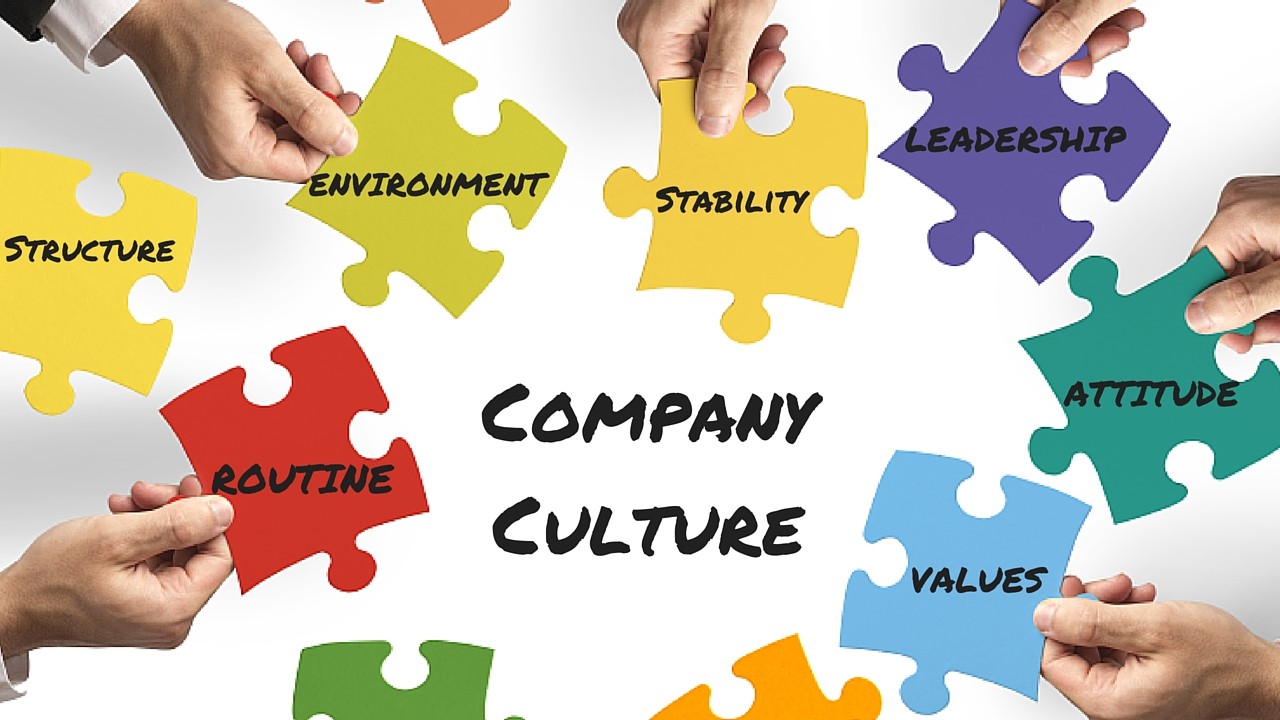Blog
What Matters Most
November 16, 2015
Comments: 1
Posted by: Peter Marcum
Sometimes I have to stop and ask myself “What matters most?” because at times it seems like everything matters all at once. Customer, employee, market and financial demands surround every business owner every day of the week. Even when times are good the demands to manage service levels and changing customer and employee expectations can be the issues that matter the most. But whether times are good or bad there is one thing that matters most in any business, and that one thing drives everything. That one thing is a gift that keeps on giving—so long as it is guided and nourished with the right principles, but it can be a curse that keeps on taking if it isn’t built on the right foundation. That one thing that matters most is culture.
Culture, what you believe, what you value, how you live and work matters. Culture matters now more than ever.
Lately it seems that everyone is reporting the importance of culture. Mainstream media such as Forbes, Fortune, Wall Street Journal and a host of others are covering the importance of defining an organization’s culture.
We have seen stories about the cultures of companies like Zappos, Google, Whole Foods and a hundred others listed each year in Fortune as the Best Place to Work as examples for others to follow. With the continued rise of media coverage of this thing called culture, one wonders why more companies fail at developing and leading their organization’s culture.
Gary Hamel writes in “What Matters Now”: Managers know that a lot of employees are flatlining at work but simply don’t care, either because a callous corporate culture has drained them of empathy, or because they view engagement as financially unimportant. It’s nice to have, but not an imperative.
Good or Bad, Culture Drives Performance
According to a 2015 Deloitte Human Capital Trends Study titled “Culture and Engagement, The Naked Organization,” reveals that employee engagement and culture issues exploded onto the scene, rising to become the no. 1 challenge companies face around the world in 2015.
Culture drives many outcomes in organizations, perhaps most prominently, employee engagement and retention. That can spell bad news for a lot of companies. More than half of respondents say their organizations have either a poor program or no program to measure and improve engagement.
While this is heartening news, there is a disconnect between executives and employees about how that workplace culture is expressed and executed:
- Executives have an inflated sense of their workplace culture, when compared to employees, according to significant differentials in their responses to questions about how culture is expressed in their organizations.
- Only 19% of executives and 15% of employees believe strongly that their culture is widely upheld within their own organizations
- The organizational behaviors that create a bad culture include inconsistent policies, lack of employee engagement, decisions controlled by a few, deceptive practices and out right dishonest management practices.
OK, it Matters. Now What?
Once management recognizes the importance culture plays into performance then, and only then, will their minds be open to learning how to manage this thing called culture.
Changing an organization’s culture is one of the most difficult leadership challenges of the 21st Century. You can find all the knowledge you need to understand "culture" but to change the culture requires a change in beliefs.
The irony is that the need for changing beliefs isn’t with the many rather the few. The few are management and leadership. The many are all the other people. So if your culture isn’t optimum look in the mirror.
Read Comments
Robert Swope
November 20, 2015
Brilliantly stated.
